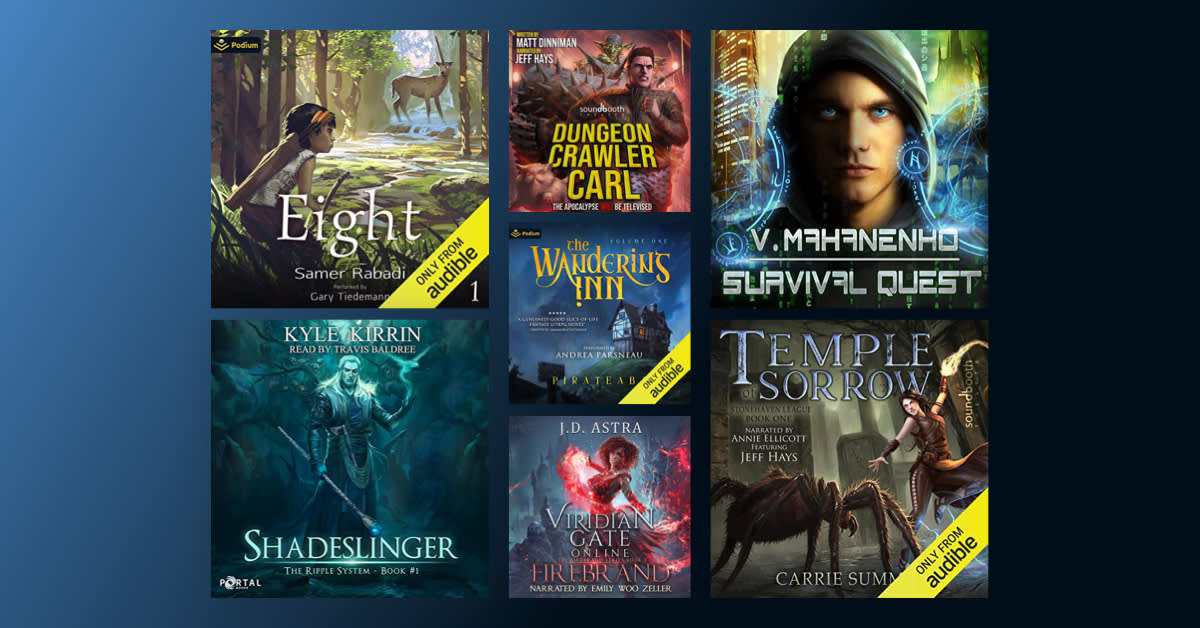With an estimated 700,000 active podcasts out there featuring over 30 million episodes in their back catalogue, it’s inevitable that, at some point, everyone is going to get their 15 minutes of fame by making a podcast appearance.
Not all will be as well publicised as episode 613 of WTF with Marc Maron, featuring none other than the then President, Barack Obama, but that doesn’t mean you shouldn’t thoroughly prepare for the opportunity to share your thoughts, tell your story or sell your products.
The growing influence of podcasts
As a relatively new medium, organising an appearance on a podcast wasn’t something that was high on the agenda for those running promotional schedules for a new book, album or film release. Artists and actors may have appeared on them by proxy, by being on a radio show that was subsequently turned into a podcast, but actively seeking out independent streamers wasn’t their top priority.
That was until they saw the explosion of the market and the opportunities it offered to get in front of an audience. People listen to a radio show passively and regularly watch television while they’re being distracted by something else on their phone. A podcast, on the other hand, is something you actively subscribe to, select from a playlist and listen to intently during a commute, on a run or while doing the ironing.
Whether it’s Ed Miliband on People, Just People, David Baddiel on The Griefcast, Charlie Brooker on The Adam Buxton Podcast or Davina McCall on What Do I Do?, there’s a constant circus of people with something to say, and podcasters with an audience they need to keep entertained.
How to get onto a podcast
You may not quite be well-known enough to have the podcasts at the top of the download charts accepting your phone calls, but with so many on the market, there’s a niche for everyone, and an opportunity to get your voice heard.
You might be an aspiring author looking to promote your debut novel, an independent musician seeking an audience for your latest album, a comedian hoping for a launchpad that will help you build a loyal following, or a digital marketing consultant looking to get attention for your agency by providing some thought leadership on the latest industry happenings.
You might even have invented the next best thing since sliced bread and need to create awareness for your Kickstarter project. All of these scenarios make for fine podcasts guests and, whether you go out and find people to approach or are lucky enough to have them approach you, it’s important to have an idea of what you want to say.
Do your research and hone in on a handful of shows you want to feature on. There’s no harm in more than one of them saying yes, but be careful not to spread yourself too thinly.
With many of them operating independently or via small agents, it should be relatively easy to get in touch with a podcast host. But if you can’t find a direct contact, try going via the comments or ratings feed on their latest episode. Most will read these religiously, so it’s a good way to catch their attention.
The best pitch is one that appreciates the audience that’s going to hear it. What’s the story or message that you want to get across and how does it relate to their audience? If you can sum that up in a sentence then you’re well on your way, and even better if you can reference a recent episode or guest, so the host doesn’t just think you’re sending out a blanket email rather than targeting them directly.
How to prepare a podcast
You’ve sent the pitch and you’ve been invited to appear on the podcast. Congratulations! But now is where the real hard work begins.
It’s time to start thinking about how to make yourself the best podcast guest you can be, and that involves as much preparation as possible. There is nothing worse for a podcast host than guests who are underprepared or haven’t even taken the time to listen to a few past shows.
It’s important to closely follow any initial instructions you receive from the host.
Laura Pennington from Freelance Freedom, who has been a guest on more than 50 podcast interviews, says “being a great guest is not simply about showing up. It’s not that easy. In fact, there are things you can do that will actually make the host kind of aggravated or not look forward to the interview. It is crucial you comply with anything the host asks you to do in advance, like provide background information.”
The best way to be the guest that every host wants on their show is to already be a huge fan of it. However, if you’ve been invited to a show you haven’t listened to before, then preparation is even more vital. You should listen to at least two or three past shows in order to get a feel for the host’s style, as well as try to understand the typical audience of the show and why they listen.
Remember that the power is in their hands to skip forward in the episode or to move on to something else. If your approach is at odds with the usual style of the show and the host doesn’t stop you, the listener will.
When you’re thinking about the interview itself, write down three or four stories to have at your disposal, as well as a specific call to action you can deliver. However, one of the main secrets of being a good guest is to remember: the show isn’t about you.
Chris Ducker, host of Youpreneur.FM, has interviewed hundreds of guests and has this advice: “Remember to make the interview about the host. A sure-fire way to blow the host away is to talk about the parallels between your experience and theirs. It sounds so simple, but most guests just go and waffle on for 45 minutes. Don’t be that guest!”
If you come across as trying to give a hard sell for your product, whether that’s a book, movie, album, product or service, you’ll lose your audience.
Good podcasts are about authenticity and cutting through the noise. Try to talk to the host like a friend or someone you want to build a genuine connection with. Be real. Talk like a human. And, if appropriate, try to inject some humour into your message.
Kira Hug of kirahug.com says, “We need more laughter in our chaotic workdays. Laughter is contagious, even when spread via audio. Lead the laughter and lighten the mood for the listeners. We want to giggle with you and feel like besties.” Don’t worry too much about stumbling over your words. You don’t have to be the most well-spoken guest in history, plus it can endear you to the listeners and add a touch of authenticity to the proceedings.
Something that might not be top of mind for a first time podcast guest is preparing yourself from a technical and logistical standpoint. If you need to be somewhere at a specific time, plan your route ahead of time. If you’re being interviewed remotely, make sure to test your tech in advance.
Most interviews will happen remotely on a medium such as Skype or Google Hangouts, and you’ll be responsible for making sure things like audio setup and internet connection are top quality.
Investing in a good microphone is a wise idea, especially if you plan on doing more than one podcast. Do your interview in a small, quiet room and close the door. Any background noise, such as a dog barking or child crying, is going to be picked up by the microphone and could be a reason the host cuts your segment completely. Remember to turn off all notifications and vibrations on your phone and computer to avoid any untimely bleeps in the middle of your monologue.
The most important piece of advice? Remember to enjoy the experience. Your passion and enthusiasm will shine through if you’re having a good time.
What to do after the podcast
The vast majority of podcasts hosts will send you a final cut before it goes out to the wider world. This is usually as a courtesy rather than for any explicit approval for them to release it.
They will likely have spent a considerable amount of time in the editing suite getting it to this stage and one guaranteed way to never get invited back is to get overly precious over anything that was said. Of course, if there’s anything absolutely wrong with what you’ve said that may get you into trouble, you can pull out the veto card. But otherwise, say thank you for the experience and let them get on the job of pushing it out to their audience.
Be conscious that the podcast will likely be the property of the podcast host, so even if they provide you with the original file, don’t go uploading it to any audio hosting platforms or publishing it on Facebook. As much as you want the publicity, the podcaster is after more subscribers, so share and embed their version of the episode so that all the likes and comments can be accumulated, rather than diluting the effect with too many duplicates.
Hopefully, the experience will be a positive one and you’ll be drowning in messages from people either wanting to buy your wares or to appear on their podcasts. Be sure to take a step back once the dust settles to assess how valuable it was to you. This will help you prepare for the next podcast you want to star on, or you may have been inspired enough to want to begin your own. But that’s a whole other ball game!




